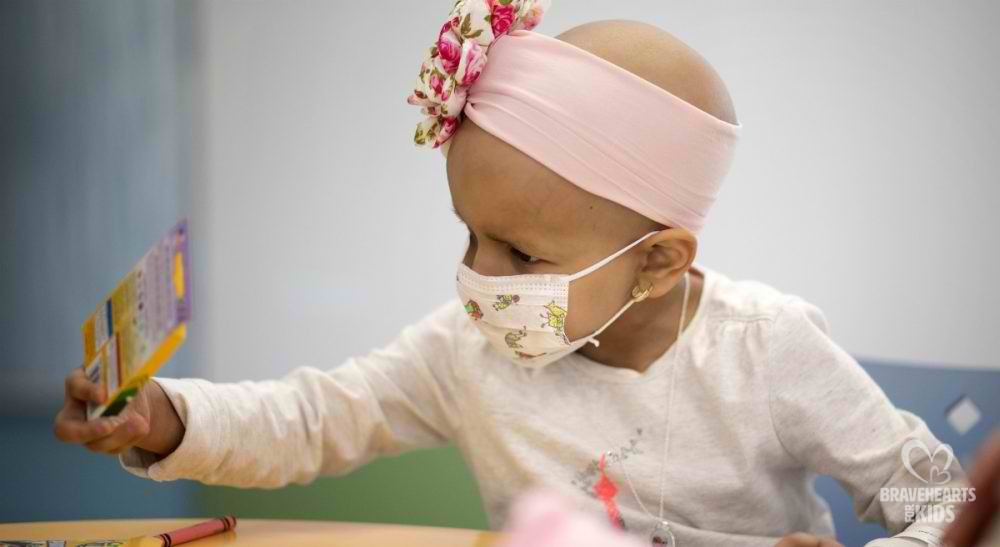Cancer is the number one cause of disease-related death in children.
Each year, more than 13,000 children are diagnosed with a form of cancer, and approximately one quarter will not survive the disease.
September is Pediatric Cancer Awareness Month.
As childhood cancer represents only 1 percent of all cancer diagnoses, the American Cancer Society devotes a similar percentage to research, even though childhood cancer has one of the highest non-survival rates among cancers.
Research into the causes and treatment is far behind that of other cancers, leaving parents with fewer options.
Even when a child survives cancer, they are often faced with lifelong health complications from the disease, ranging from heart and lung damage to alterations in their growth and development.
With a dozen or more cases of childhood cancer in our area each year, the disease is eclipsed by other causes, and families are often left to their own resources.
The kindness and generosity of school friends, other parents and organizations have helped many, but the public is generally unaware of the toll that cancer takes on local families.
The Pediatric Cancer Research Foundation reports the following regarding childhood cancers.
– Childhood cancers kill more children than asthma, cystic fibrosis, diabetes and pediatric AIDS combined.
– Childhood cancer is not a single disease, but rather many different types that fall into 12 major categories.
– Common adult cancers are extremely rare in children, yet many cancers are almost exclusively found in children.
– Childhood cancers are cancers that primarily affect children, teens and young adults. When cancer strikes children and young adults, it affects them differently than it would an adult.
– Attempts to detect childhood cancers at an earlier stage, when the disease would react more favorably to treatment, have largely failed.
– Young patients often have a more advanced stage of cancer when first diagnosed. About 20 percent of adults with cancer show evidence the disease has spread, yet almost 80 percent of children show that the cancer has spread to distant sites at the time of diagnosis.
– Cancer in childhood occurs regularly, randomly and spares no ethnic group, socioeconomic class or geographic region.
– The cause of most childhood cancers are unknown and at present, cannot be prevented. Most adult cancers result from lifestyle factors such as smoking, diet, occupation and other exposure to cancer-causing agents.
On the average, one in every four elementary schools has a child with cancer.
The average high school has two students who are a current or former cancer patient. In the U.S., about 46 children and adolescents are diagnosed with cancer every weekday.
While the cancer death rate has dropped more dramatically for children than for any other age group, 2,300 children and teenagers will die each year from cancer.
Childhood leukemia (making up the largest group of childhood cancers) was once a certain death sentence, but now can be cured almost 80 percent of the time.
Today, up to 75 percent of the children with cancer can be cured, yet, some forms of childhood cancers have proven so resistant to treatment that, in spite of research, a cure is elusive.
Several childhood cancers continue to have a poor prognosis, including: brain stem tumors, metastatic sarcomas, relapsed acute lymphoblastic leukemia and relapsed non-Hodgkin’s lymphoma.
Awareness can help children with cancer through research for a cure and through support for them and their families.
Source: Childhood cancer needs our attention | Editorials | timesenterprise.com – Times-Enterprise




Most Commented